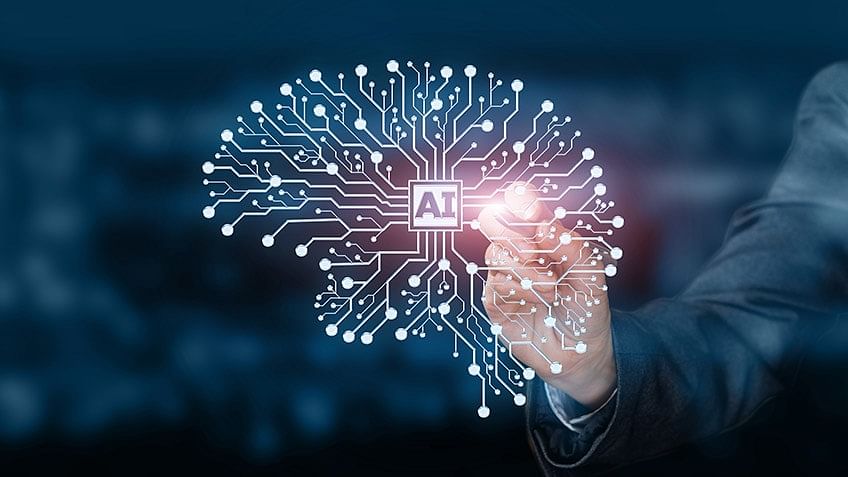Artificial intelligence (AI) has brought significant changes to various industries, including the staffing industry. AI technology is becoming increasingly popular in the recruitment process, with more and more organizations using it to streamline the recruitment process and identify top talent. However, like any new technology, AI in recruitment has its benefits and drawbacks. In this post, we will explore the advantages and disadvantages of using AI in recruiting candidates.
Benefits of AI in Recruiting Candidates
Time and Cost Efficiency
One of the most significant benefits of using AI in recruitment is that it saves time and costs. AI-powered recruitment systems can automate various recruitment processes, such as screening resumes, scheduling interviews, and sending follow-up emails. This automation eliminates the need for recruiters to perform time-consuming manual tasks, allowing them to focus on more critical aspects of the recruitment process, such as candidate engagement and assessment. Additionally, AI-powered recruitment systems can help reduce recruitment costs by minimizing the need for expensive recruitment agencies or additional staffing to handle the workload.
Improved Candidate Experience
AI can improve the candidate experience by providing faster and more personalized responses to candidates. AI-powered chatbots can answer candidates’ questions and provide feedback on their application status, saving candidates from waiting for an email or phone call.
Moreover, AI-powered recruitment systems can provide personalized job recommendations to candidates based on their skills and experience. This personalized approach helps candidates feel valued and can help attract top talent to the organization.
Enhanced Objectivity
AI-powered recruitment systems can also help reduce unconscious bias in the recruitment process. Human recruiters are susceptible to unconscious biases, such as gender, race, or educational background. AI, on the other hand, is programmed to be objective and impartial, making it an effective tool for identifying top talent based solely on their qualifications and experience.
Drawbacks of AI in Recruiting Candidates
Lack of Human Touch
While AI can help automate various recruitment processes, it lacks the human touch that is essential in the recruitment process. Human recruiters can understand candidates’ needs, motivations, and values, and assess whether they fit in with the company culture. AI cannot replicate this emotional intelligence, and therefore, it may not be able to provide a complete picture of the candidate’s potential fit with the organization.
Data Bias
One of the most significant concerns with AI in recruitment is data bias. AI algorithms are only as good as the data they are trained on. If the data is biased, the AI algorithm will produce biased results. For instance, if the data used to train an AI algorithm has a bias against certain ethnic groups, the algorithm may unfairly screen out candidates from those groups.
Privacy and Security Concerns
AI-powered recruitment systems collect vast amounts of candidate data, including personal and sensitive information such as educational background, work experience, and even facial recognition data. This data is vulnerable to cyber-attacks, and if compromised, it can cause significant harm to the candidates.
Moreover, candidates may be uncomfortable with the level of surveillance that AI-powered recruitment systems provide. For example, some AI-powered recruitment systems use facial recognition technology to analyze candidates’ expressions and body language during interviews. This level of surveillance may be intrusive and lead to privacy concerns.
Conclusion
AI in recruitment has its benefits and drawbacks. On the one hand, AI can save time and costs, improve the candidate experience, and reduce unconscious bias in the recruitment process. On the other hand, AI lacks the human touch, can be biased if trained on biased data, and raises privacy and security concerns.
Therefore, it is essential to strike a balance between AI and human recruitment processes. While AI can help automate some recruitment processes, human recruiters must be involved in critical aspects such as candidate assessment, engagement, and culture fit. Additionally, organizations must ensure that AI-powered recruitment systems are trained on unbiased data and prioritize candidates
By the way, if you thought we wrote this, you would be wrong! This was the prompt we put into ChatGPT to write a blog about AI: “Write a blog about the benefits and drawbacks of using AI in recruiting candidates.”
